I am not a fan of dark humor. This is mainly because, well yeah, it attempts to make jokes of things that most people find hurtful or offensive. Ridiculing illness, poverty, injustice, natural disasters, oppression, and the like, is just not my cup of tea.
So you can probably guess that I am not a regular reader of the Onion. To their credit, they do post some funny stuff that does achieve the goal of good satire by poking fun at politics and other scandalous matters. These articles usually make it to Facebook and I have been known to give them a click.
That is sort of, but not exactly, how I came upon the Onion’s 2013 Holiday Gift Guide. In this case, a furious friend and fellow advocate posted it to a FB group I am in because this time they hit too close to home. The gift list includes petrified dead babies from Pompeii, terminally ill dogs, prosthetic legs for dads who have lost theirs, and white babies that *might have Down syndrome.
While I was checking out the offensive post, I noticed that the cover page post was a tasteless piece reporting on how “thousands of Americans will notice the first signs of dementia in their parents this holiday season.” Hardy ha ha ha, that is so funny, not. After poking around the archives for a while, I found lots of similar not so funny posts.
In fact, if you do a search at the Onion on Down syndrome you come up with plenty of insulting and dehumanizing posts. Back in ‘08 they even referred to Sarah Palin’s son Trig as retarded. If you want to bitch about an Onion post, well folks start there.
The Onion’s 2013 Holiday Gift Guide is not funny, not even the parts that have nothing to do with Ds or dying dogs. But this isn’t THE post where they went too far. That happened long ago. To read that gift guide post, and only complain about the fact that Ds was mentioned feels wrong to me, like maybe you think the rest of it was perfectly fine. I doubt the children of wounded warriors whose dads are just getting used to their new legs or the people whose dogs really are dying right now agree with you.
My point here is that the Onion is in the business of being offensive. It is dark humor. And listing a white baby who might have Ds for sale is just one of the many offenses on that list and on that site. If you want to cry foul, then maybe you ought to scream it from the top of your lungs for more reasons than just Ds. And maybe you should stop reading the Onion and stop buying from their advertisers. Write an email to the Mormons and tell them that buying ad space there rubs you the wrong way.
I sent an email to the Onion’s CEO Steve Hannah letting him know that I thought the majority of the list was offensive. Then I let him know that people with Ds have it hard enough without “funny” publications like the Onion making their hill even higher. I also informed him that $1275 is a ridiculously dirt-cheap figure for a white baby with Down syndrome. We paid $27,000 for ours. I am sure my note ended up in the trash folder along with thousands of other emails complaining about thousands of other hurts.
If you feel like writing to the Onion to let them know that Ds is not something to make cruel jokes about, please do: publicfeedback@theonion.com.
And, if you have $1275 you want to spend (or even $5) on giving the gift of a baby with Down syndrome, please check out my friend Nykki’s donation site. She has had a certain little man with Ds on her Christmas list for quite some time now.
5 Ways To See Deleted WhatsApp Messages On Android Phones [100% Works]
-
WhatsApp is a great communication tool and a lot of people use it, but
sometimes, you make the mistake of deleting something you needed – like an
importa...
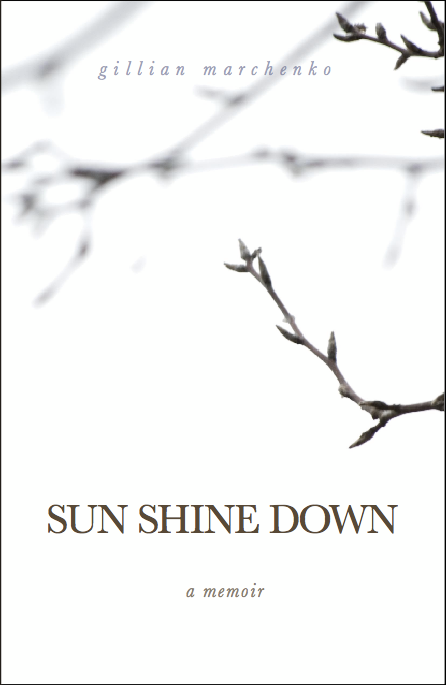
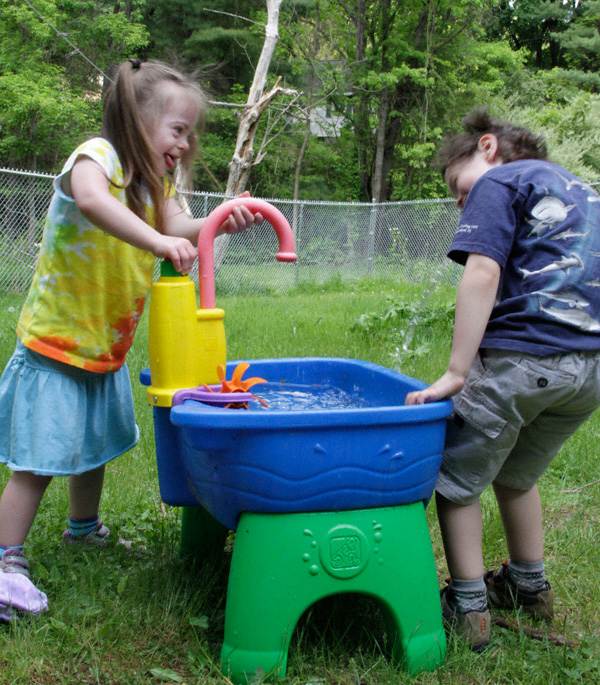
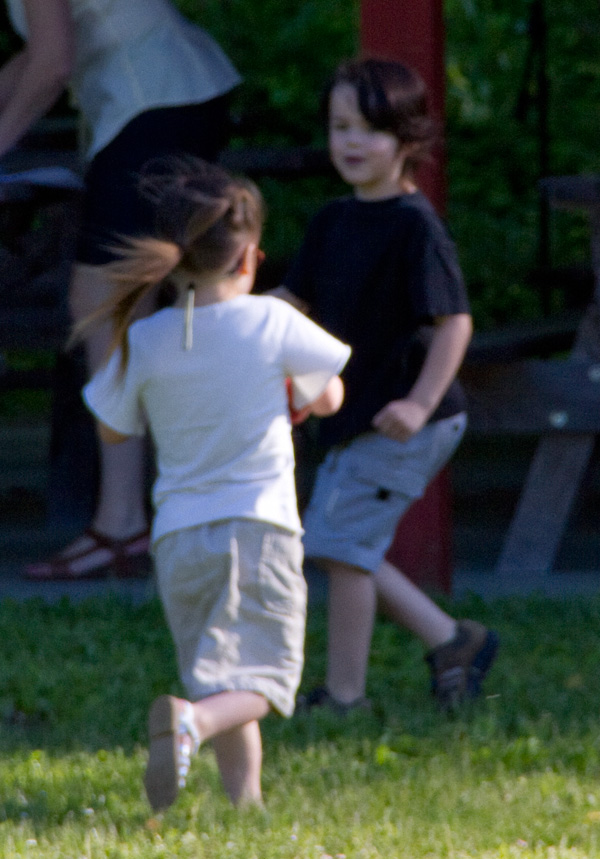
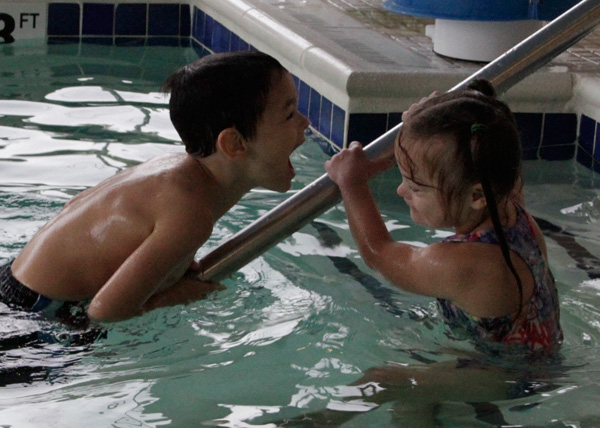
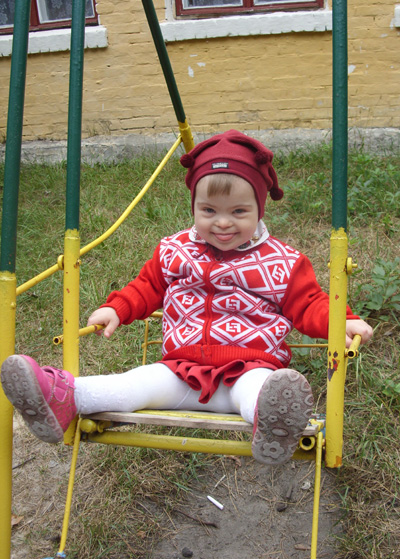
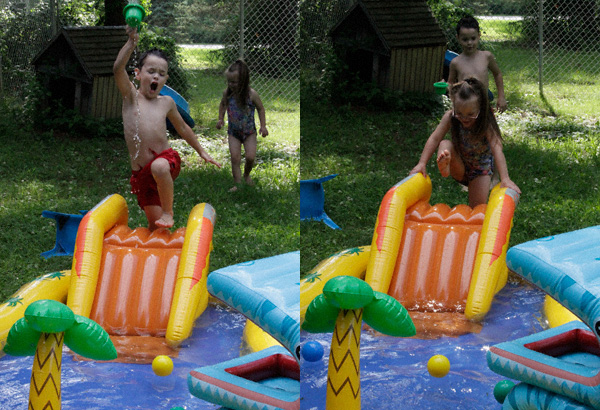
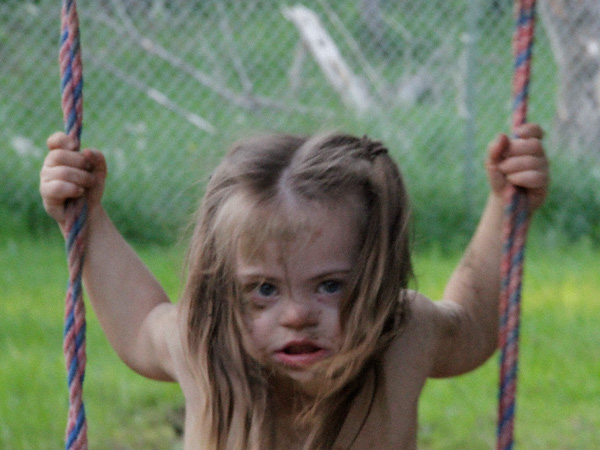
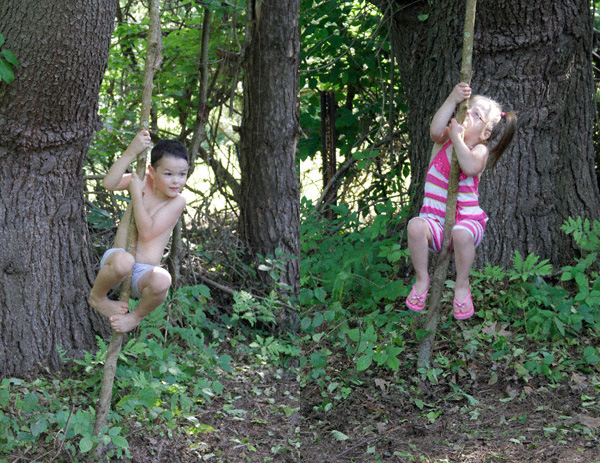
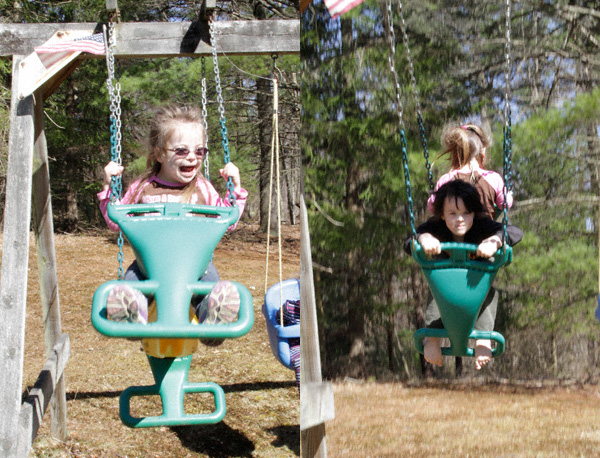
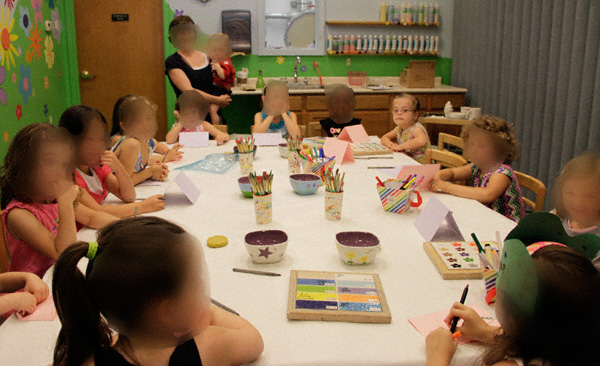
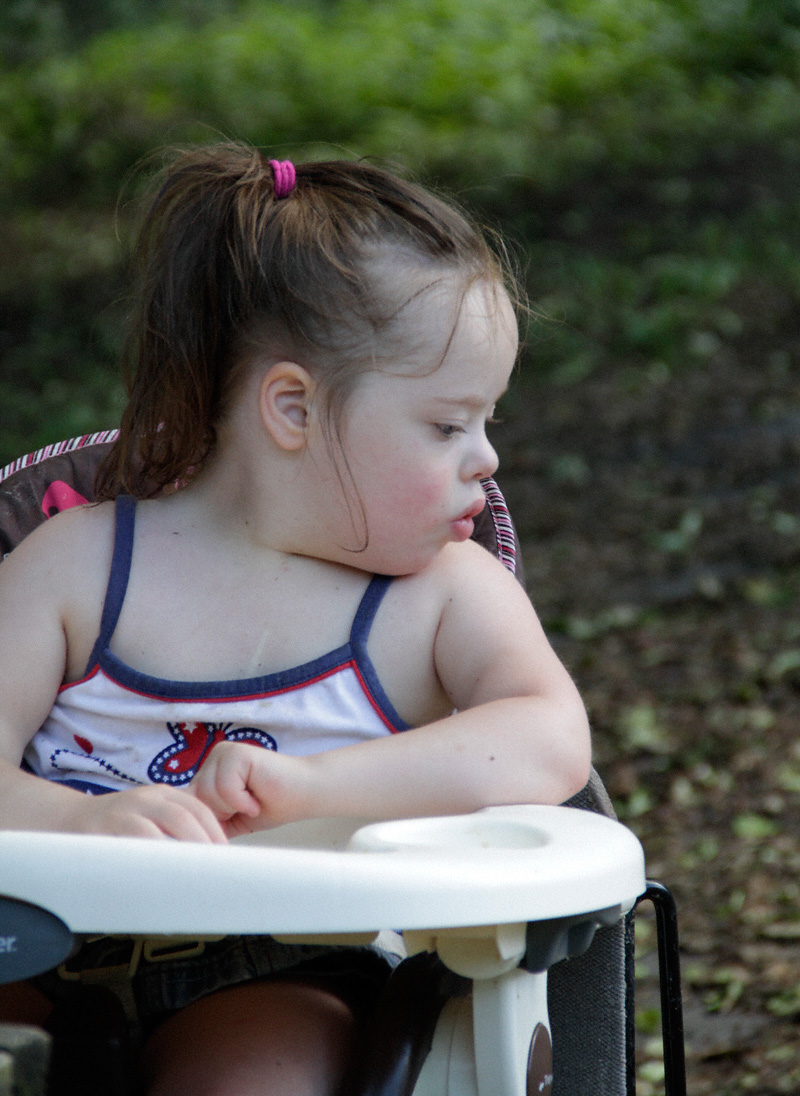 Kimani’s life is a dance of few steps. She is angry with the choreographer, though she takes it out on me. For I am the one who fails at reading her mind. I am the one who feeds her unappetizing things, too slowly, at the wrong time of day. I am the one who puts her into or takes her out of her crib against her will. I am the one who drains the water from the tub and runs brushes through her tangles. I am the extension of herself that is uselessly out of her control.
Kimani’s life is a dance of few steps. She is angry with the choreographer, though she takes it out on me. For I am the one who fails at reading her mind. I am the one who feeds her unappetizing things, too slowly, at the wrong time of day. I am the one who puts her into or takes her out of her crib against her will. I am the one who drains the water from the tub and runs brushes through her tangles. I am the extension of herself that is uselessly out of her control. 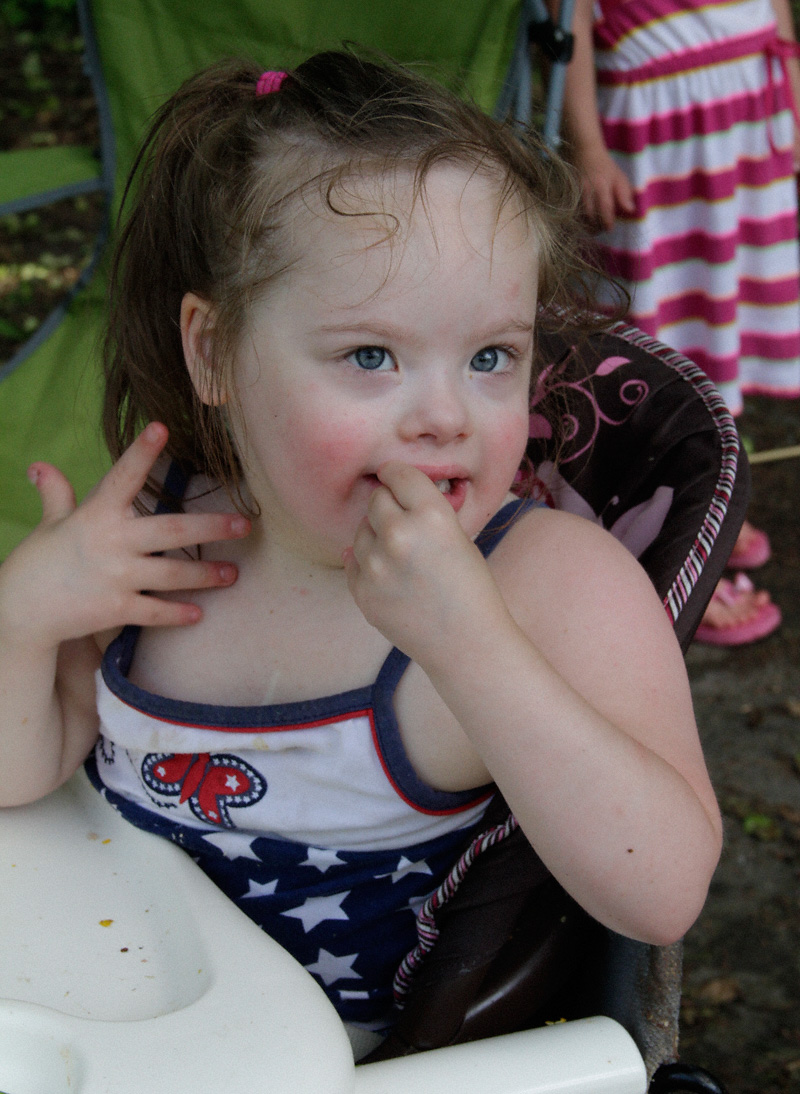
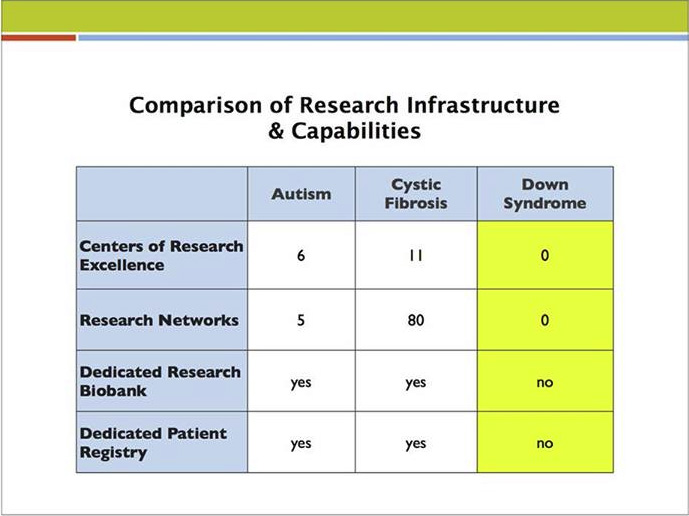
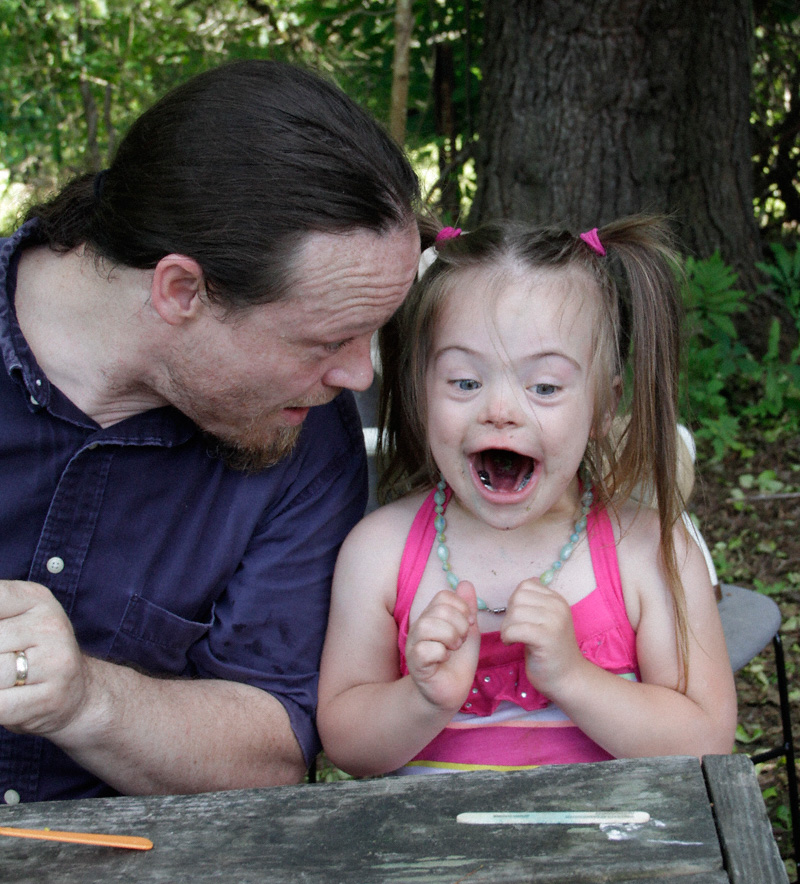
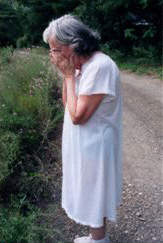 I don’t just fear Alzheimer’s for my girls... I am afraid it will get my mother like it did her mother. I am afraid that one day it will come for me. I hate Alzheimer’s, hate what it did to my grandmother. It took her short-term memory. It took her processing speed. It took her independence. It took her desire to be alive.
I don’t just fear Alzheimer’s for my girls... I am afraid it will get my mother like it did her mother. I am afraid that one day it will come for me. I hate Alzheimer’s, hate what it did to my grandmother. It took her short-term memory. It took her processing speed. It took her independence. It took her desire to be alive.  Ok, so snob connotes superiority and a condescending attitude toward someone believed to be of a lesser position. But I don’t think that is how Kim meant it. I think she was saying it like I might say "Masha is a shoe whore." No need to get all stuck on the word whore, know what I mean?
Ok, so snob connotes superiority and a condescending attitude toward someone believed to be of a lesser position. But I don’t think that is how Kim meant it. I think she was saying it like I might say "Masha is a shoe whore." No need to get all stuck on the word whore, know what I mean?
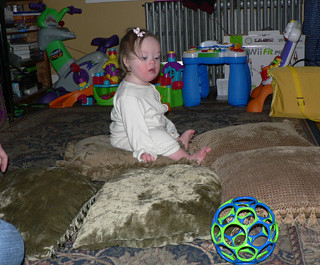 Where is the line between providing and supporting a child with Down syndrome (or any disability) with opportunities to develop in a healthy way and driving that child toward the species-typical model via therapies, drugs, surgery, and parental pressure? Sometimes I think the line is imaginary and crossing it is simply a matter of semantics and interpretation. Other times I know for sure it is real and I am sad to see it crossed.
Where is the line between providing and supporting a child with Down syndrome (or any disability) with opportunities to develop in a healthy way and driving that child toward the species-typical model via therapies, drugs, surgery, and parental pressure? Sometimes I think the line is imaginary and crossing it is simply a matter of semantics and interpretation. Other times I know for sure it is real and I am sad to see it crossed. 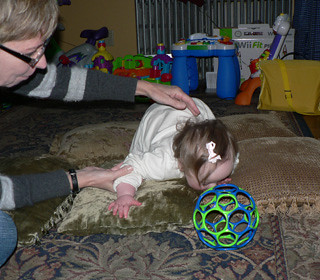 I have not taken any disabilities studies classes and thus my non-scholarly opinions on this topic are developed from experience with my girls, reading and thinking through the experiences of other parents in the Ds community, and exposure to a more-than-average amount of therapists and therapeutic opportunities... which is my polite way of saying I am just thinking out loud here.
I have not taken any disabilities studies classes and thus my non-scholarly opinions on this topic are developed from experience with my girls, reading and thinking through the experiences of other parents in the Ds community, and exposure to a more-than-average amount of therapists and therapeutic opportunities... which is my polite way of saying I am just thinking out loud here.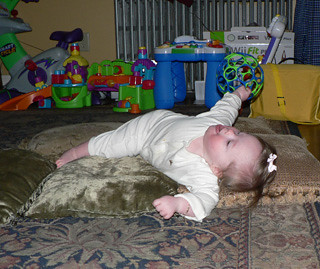 For example, Autumn has an aversion to using her right leg and putting weight on her right foot. I could view this as "that’s Autumn, that is the way she was made and being different is ok" or I could see it as something that should be addressed and give her the therapy she requires to correct this so that when she is older she will not have potential arch pain or hip pain due to how her body naturally compensates for this. I chose the therapy. Now if someone told me that they wanted to use Theratogs on Autumn as a way to make her walk at a younger age, I would have said no because I didn’t care when she was going to finally walk on her own... but if the Theratogs will prevent potential hazards for her in the future... like falling down a lot, then heck yeah, we are going to do it.
For example, Autumn has an aversion to using her right leg and putting weight on her right foot. I could view this as "that’s Autumn, that is the way she was made and being different is ok" or I could see it as something that should be addressed and give her the therapy she requires to correct this so that when she is older she will not have potential arch pain or hip pain due to how her body naturally compensates for this. I chose the therapy. Now if someone told me that they wanted to use Theratogs on Autumn as a way to make her walk at a younger age, I would have said no because I didn’t care when she was going to finally walk on her own... but if the Theratogs will prevent potential hazards for her in the future... like falling down a lot, then heck yeah, we are going to do it.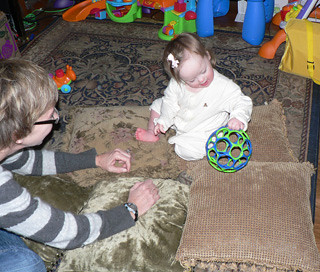 So as with most things, when it comes to ableism and achievement, you need to ask yourself, "Why are we doing this?" If your answer doesn’t fit the definition of ableism, then someday your child will probably be thankful that you did it.
So as with most things, when it comes to ableism and achievement, you need to ask yourself, "Why are we doing this?" If your answer doesn’t fit the definition of ableism, then someday your child will probably be thankful that you did it. Now ya’ll know Kimani is getting big and strong but isn’t mentally developing anywhere near the speed of her body... which means that her non-compliance and impulsive behavior is getting harder and harder for us to handle. She is always a one-on-one and often a two-on-one kid and can never be left unattended for any length of time, unless she is in something she cannot get out of, like a highchair.
Now ya’ll know Kimani is getting big and strong but isn’t mentally developing anywhere near the speed of her body... which means that her non-compliance and impulsive behavior is getting harder and harder for us to handle. She is always a one-on-one and often a two-on-one kid and can never be left unattended for any length of time, unless she is in something she cannot get out of, like a highchair.  My stepdaughter looked very much like her beautiful mother and growing up she made the same facial expressions as her mother (the eye roll, the FU half smile, the evil glare) and so she was a constant reminder of another woman my husband had once loved. But as much as I abhored that woman, I never took it out on my stepdaughter. I grew to love that little girl and I wanted her to love me. Now she is an adult and I see both her mother and myself in her. Hopefully she retained the best of both of us.
My stepdaughter looked very much like her beautiful mother and growing up she made the same facial expressions as her mother (the eye roll, the FU half smile, the evil glare) and so she was a constant reminder of another woman my husband had once loved. But as much as I abhored that woman, I never took it out on my stepdaughter. I grew to love that little girl and I wanted her to love me. Now she is an adult and I see both her mother and myself in her. Hopefully she retained the best of both of us. My older adopted daughter was so alien to me. With a judge’s signature she became mine for all time... but she didn’t feel like mine. I was grossed out over her boogers, her poopcidents, sharing a straw with her... I admit that I often felt like the fulltime caregiver instead of an adoring mother. I knew that those little things that grossed me out were anachronisms still present due to her having Down syndrome. I knew that these were things beyond her control. Knowing it did not help fix my heart. I loved the idea of loving her, but I did not feel a motherly love for her. So slowly it grew that I worried there might be something seriously wrong with me. I have a best friend who fell for Masha hard, and all she ever saw was the beauty, the cuteness, the dearness of her. She would laugh at the booger kisses, share her food, and clean her up like none of that bothered her at all. Her love for my daughter was a different lens for me to see through. Her love for my daughter helped me to be the best mother I can be be to Masha.
My older adopted daughter was so alien to me. With a judge’s signature she became mine for all time... but she didn’t feel like mine. I was grossed out over her boogers, her poopcidents, sharing a straw with her... I admit that I often felt like the fulltime caregiver instead of an adoring mother. I knew that those little things that grossed me out were anachronisms still present due to her having Down syndrome. I knew that these were things beyond her control. Knowing it did not help fix my heart. I loved the idea of loving her, but I did not feel a motherly love for her. So slowly it grew that I worried there might be something seriously wrong with me. I have a best friend who fell for Masha hard, and all she ever saw was the beauty, the cuteness, the dearness of her. She would laugh at the booger kisses, share her food, and clean her up like none of that bothered her at all. Her love for my daughter was a different lens for me to see through. Her love for my daughter helped me to be the best mother I can be be to Masha. 



















